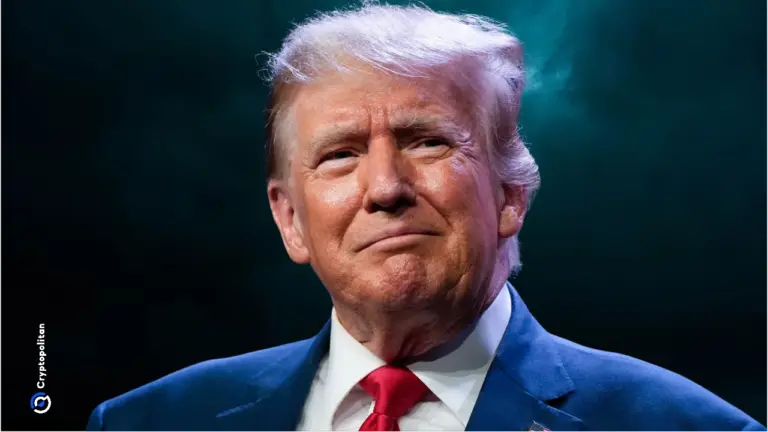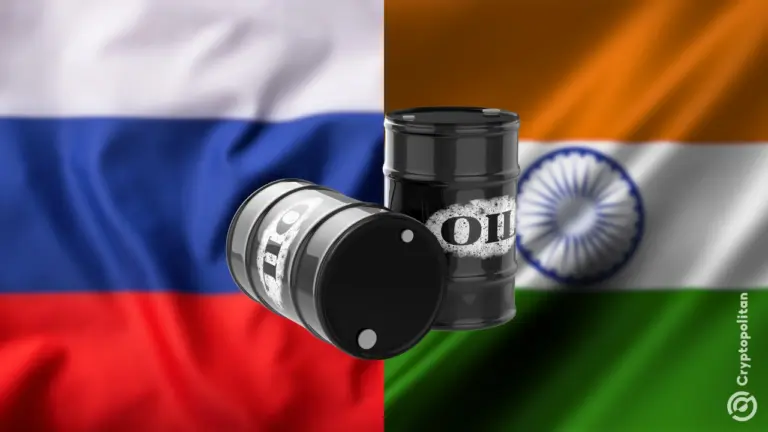SEC Launches ‘Project Crypto’ to Modernize Asset Regulation
- Project Crypto aims to modernize digital asset regulations in the US.
- Most crypto assets now classified as commodities, not securities.
- Regulatory clarity expected to boost market participation.
SEC Chairman Paul S. Atkins announced ‘Project Crypto’ on July 31, 2025, in Washington to modernize U.S. digital asset regulation, emphasizing policy shifts and regulatory innovation.
The initiative aims to clarify asset classification, grant regulatory exemptions, and position the U.S. as a leader in the digital finance sector.
Introduction of Project Crypto
SEC Chairman Paul S. Atkins announced the launch of Project Crypto in Washington to revolutionize digital asset regulation. The initiative aims to provide clarity for cryptocurrencies like Bitcoin and Ethereum, which are now classified as commodities.
Key players include Atkins and previous SEC leaders. The initiative supports policy shifts, with a focus on clearer asset classification. President Trump signed the GENIUS Act, aiding in establishing federal stablecoin regulations. You can read more about Atkins discussing the digital finance revolution impact on markets .
Impact on Crypto Markets
The classification shift affects crypto markets, as cryptocurrencies including BTC and ETH are deemed commodities. This change clarifies responsibilities between CFTC and the SEC, potentially increasing institutional investment.
The financial implications involve broader market participation due to clearer regulations. This move potentially protects innovation and enhances market integrity by establishing more structured oversight frameworks. As Atkins noted, “We are at the threshold of a new era in the history of our markets. Our regulatory framework need not be anchored to an analog past—unkind to new frontiers.”
Regulatory Developments
Historical SEC approaches often lacked clarity, leading to litigation. Project Crypto seeks to chart new regulatory paths, proactively addressing previous industry criticisms.
Insights indicate possible long-term stability in digital markets, with enhanced frameworks fostering growth. Regulatory clarity is expected to boost participation, while policy updates may shape future asset regulation. These shifts align the US with evolving digital finance trends.
Disclaimer: The content of this article solely reflects the author's opinion and does not represent the platform in any capacity. This article is not intended to serve as a reference for making investment decisions.
You may also like
Ripple releases volume 1 of its OCC banking license application
Share link:In this post: Ripple has released the first volume of its OCC banking license application, taking a formal step to increase its financial infrastructure. The firm proposes its National Trust Bank, with its application focusing on the use of RLUSD. Ripple unveils its five-man governance panel, establishing its commitment towards regulatory oversight.
Pakistan and Kyrgyzstan to deepen collaboration in crypto and blockchain innovation
Share link:In this post: Pakistan and Kyrgyzstan have agreed to deepen collaboration in crypto and blockchain innovation. Both countries also agreed to share knowledge, expertise, and best practices to help their economies. Pakistan signs several MoUs with Kyrgyzstan amid the downturn in its economic conditions.

Trump’s TMTG reports $3.1B assets, $20M loss in Q2 report
Share link:In this post: Trump Media & Technology Group reported a net loss of $20 million on net sales of $883,300 for Q2 2025. Donald Trump owns 52% of TMTG through a revocable trust, with his stake valued at approximately $1.9 billion. TMTG attributed its Q2 results to various factors, but the most notable one is reportedly its Bitcoin treasury.

India defies Trump warning, vows to continue Russian oil imports
Share link:In this post: India confirmed it will continue importing Russian oil despite Trump’s threat of penalties and a 25% tariff. Officials said no instruction has been given to oil companies to cut back on Russian crude. India now gets over 33% of its oil from Russia, up from less than 1% before the Ukraine war.
